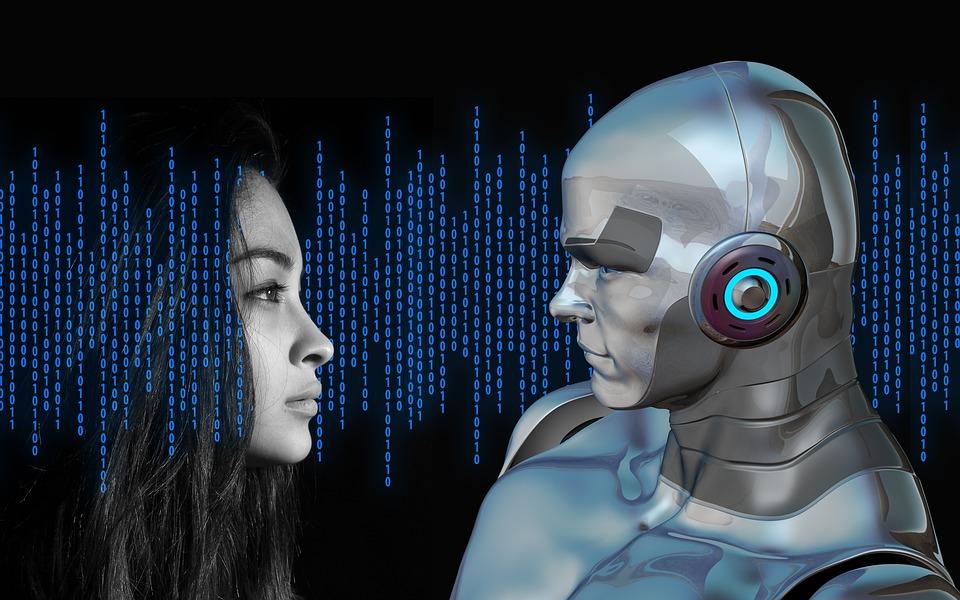India has taken the next step in shaping the future of emerging technology policy with the new Centre for the Fourth Industrial Revolution India, opened by the World Economic Forum, the International Organisation for Public-Private Cooperation. The Centre for the Fourth Industrial Revolution India will work in collaboration with the government on a national level to co-design new policy frameworks and protocols for emerging technology alongside leaders from business, academia, start-ups and international organisations. The National Institute for Transforming India (NITI) Aayog will coordinate the partnership on behalf of the government and the work of the centre among multiple ministries.
“The Fourth Industrial Revolution will change how we produce, how we consume, how we communicate and even how we live”, said Klaus Schwab, Founder and Executive Chairman of the World Economic Forum. “To make the technological progress human centred, we must pro-actively work together and create the necessary essential principles and policy standards to ensure that we use the full potential for better lives. India is becoming a big technological global force and that’s why I am especially proud to announce the Centre for the Fourth Industrial Revolution India.”
Initial efforts at the national level are focused on two emerging technology areas: Artificial intelligence and machine learning, and blockchain and distributed ledger technology. The first project will focus on expanding access to data to accelerate the adoption of artificial intelligence to tackle some of the country’s most pressing socio-economic needs, such as education, healthcare and agriculture. The second will focus on the application of smart contracts to boost productivity and transparency while reducing inefficiency.
“India can be a global leader in Fourth Industrial Revolution technologies,” said Amitabh Kant, Chief Executive Officer of NITI Aayog. “We need to accelerate the adoption of artificial intelligence and blockchain across the country. Democratizing innovation in the artificial intelligence value chain is critical to leverage its true potential and to build sustainable business models. Similarly, blockchain and smart contracts can transform the ease of doing business in India. Together with the Centre of Fourth Industrial Revolution India, NITI Aayog will conduct pilots to explore use cases that can exploit the advantages of these technologies.”
The Government of Maharashtra in collaboration with the Centre for the Fourth Industrial Revolution India is planning to undertake a drone mapping operation in the agriculture sector. A multi stakeholder group of government departments, private sector and civil society groups, including farmer organisations, will co-design a data platform where the data can be used, combined with data from other sources, and analysed to increase efficiency and improve crop yields in a way that is responsible and equitable. “The Government of Maharashtra is partnering with the Centre of Fourth Industrial Revolution India to work on the Agriculture and Drones project,” said Devendra Gangadharrao Fadnavis, Chief Minister of Maharashtra.
“For the first time, we will undertake a project on drones to collect the data that will enable us to improve crop productivity, crop disease surveillance, agriculture prediction and how to advise farmers on appropriate farming practices. Drones have the potential to revolutionise the agriculture sector. This project will coincide with India’s new drones policy and will showcase how drones can help tackle some of society’s toughest challenges. This model could be scaled across India and globally.” Projects will be scaled across India and globally. As part of the World Economic Forum’s global network, the Centre for the Fourth Industrial Revolution India will work closely with project teams in San Francisco, Tokyo and Beijing to share findings and accelerate impact.

